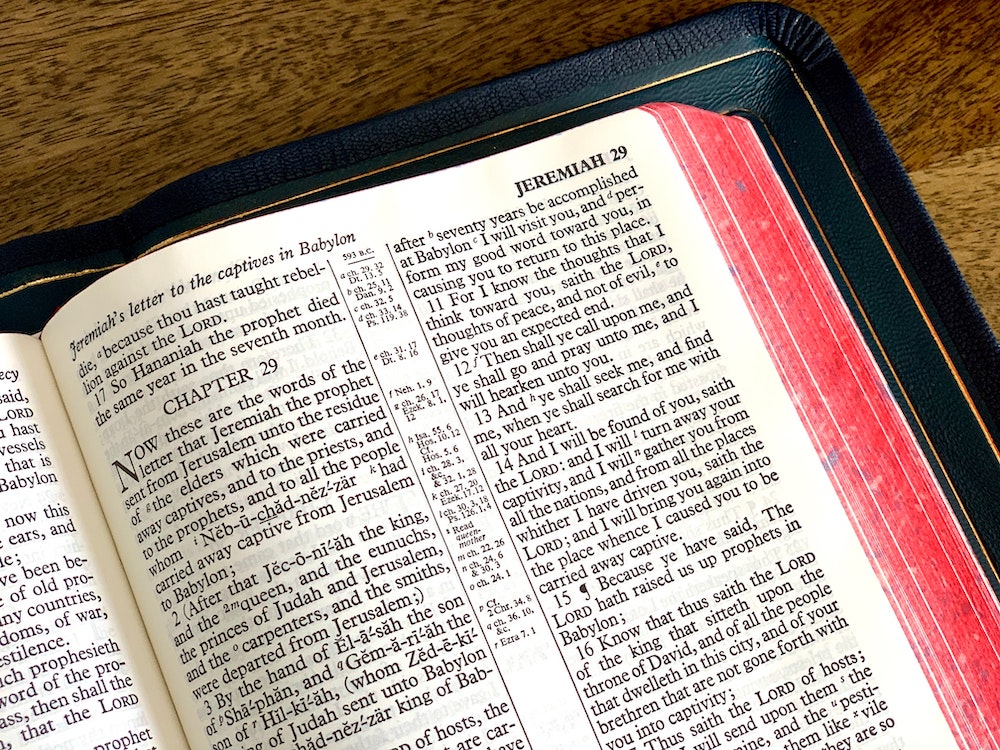The Old Testament: Five Principal Parts

After a three week break, I return to the series I have been addressing you concerning being well formed by God’s Word. If you recall, we last discussed the final Book of the Torah (also known as the Pentateuch), that being of course, the Book of Deuteronomy.
I had mentioned that the first five Books are foundational to the rest of the Old, Testament. For our purposes I will divide the Hebrew Scriptures into five principle parts. In addition to the Torah (law or instruction), we have a section dealing with history, followed by a segment of poetry and wisdom, which in turn is followed by the Major Prophets, and then finally culminates with the Minor Prophets.
So you have Law – Genesis to Deuteronomy. Then you have History – Joshua to Esther. This is followed by Poetry/Wisdom – Job to Song of Solomon. Then you have the Major Prophets – Isaiah to Daniel (these are longer Books). And finally you have the Minor Prophets – Hosea to Malachi (these are shorter Books).
It is not uncommon to refer to the Old Testament by either a twofold division, or a three part. In the first instance, it is referred to as “the Law and the Prophets”. And in the latter, it is referred to as “the Law, the Prophets, and the Writings”.
The twelve historical Books follow on the heels of the Torah. Starting with Joshua you learn of Israel’s conquest and possession of the Promised Land. In Judges you read of the chaotic and lawless period in Israel before the appointment of a king. As the history progresses, you will learn of the brief period of a united Monarchy, with the second king, King David, as the ideal King portending of a coming King of kings and eternal reign. And then the kingdom is split, and everything warned about in the Torah comes to pass as the northern and southern kingdoms of Israel break the covenant established by God.
Since You Asked…
What is the purpose of the “Silence for reflection and self-examination” in the Brief Order For Confession and Forgiveness?
“The silence for self-examination and reflection should be an extended silence to enable personal application of the general phrases of the prayer that follows. Silence of one or two minutes is not too long” (Manual on the Liturgy – LBW). This is a helpful time to reflect back on our lives over the past week and ask ourselves whether we have been disobedient or unfaithful, bad-tempered or dishonest, or whether we have hurt anyone by word or deed. By allowing for this period of reflection we are able to personalize what would otherwise remain quite general.